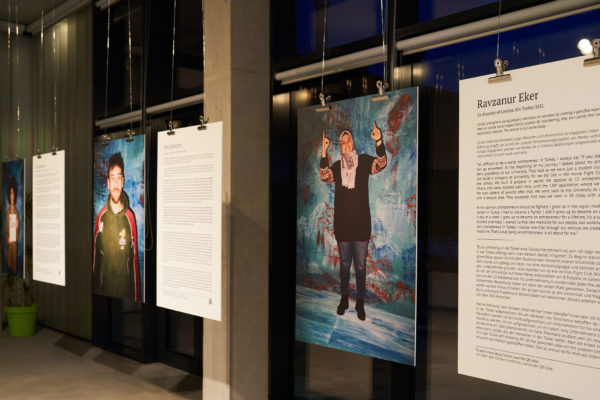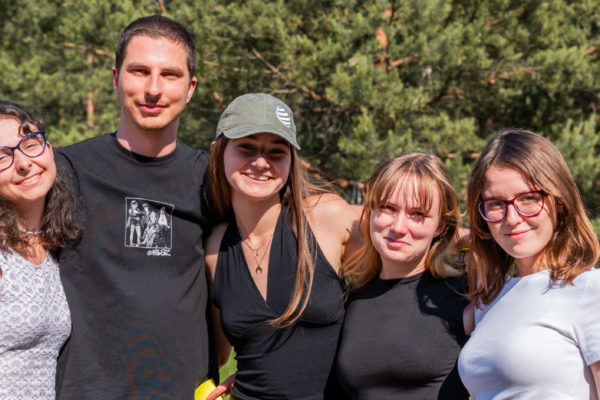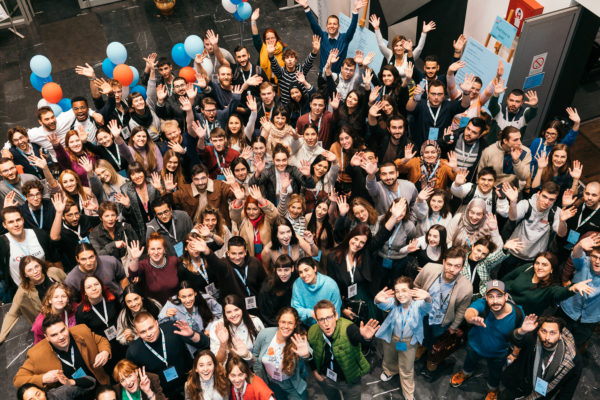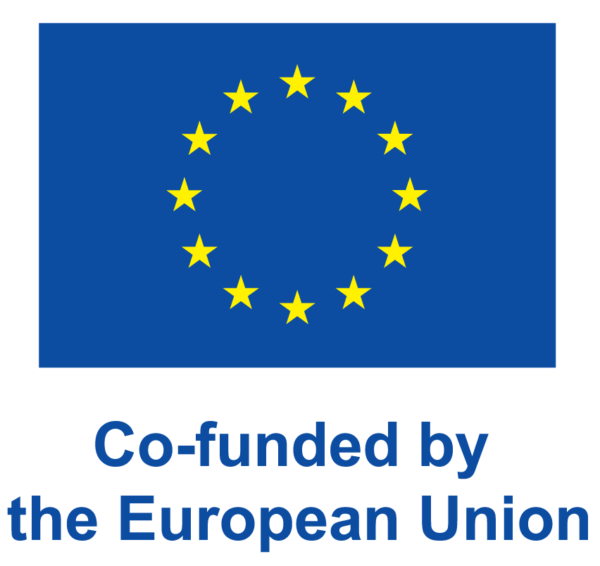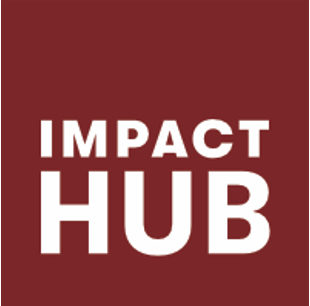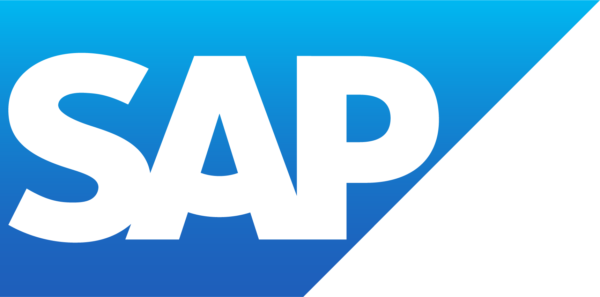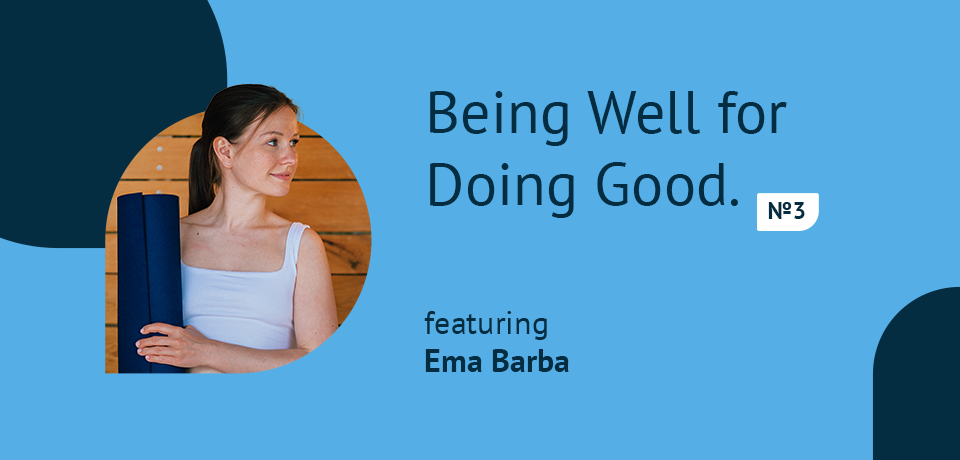
Embracing our inner self to create outer change — Being well for doing good
In conversation with Ema Barba, founder of Bright Living. Welcome to the third episode of the Being Well for Doing Good series! Created in partnership with the non-profit Hil-Foundation, this […]
In conversation with Ema Barba, founder of Bright Living.
Welcome to the third episode of the Being Well for Doing Good series!
Created in partnership with the non-profit Hil-Foundation, this series will tell the stories of alumni from Social Impact Award around the world, and their journeys with well-being.
Unfortunately, social entrepreneurs are often faced with intense stress and high risk of burnout. With this in mind, we at SIA have worked to put well-being at the heart of our work, to cultivate a healthy attitude towards social entrepreneurship amongst our participants.
This week, we sat down with Ema Barba, founder and trainer at Bright Living. No stranger to adversity (as you will find out further), well-being practices transformed her life. She now endeavours to share these practices with the world, and understands better than most the importance of taking care of one’s own well-being.
We hope you enjoy. Let us know your thoughts in the comments below!
Tell us a little about yourself and what your venture Bright Living does!
My name is Ema and I’m from Romania. I founded Bright Living in 2019 with the goal of raising awareness about mental health and bringing people closer to yoga and meditation as a practice for dealing with mental and physical health issues. My work focuses mostly on people who would not normally have access to these kinds of practices, like vulnerable children, people with chronic illness, and low-income households.
What inspired you to start your venture?
I had health issues all throughout my childhood, since birth. I had asthma and all sorts of chronic illnesses, which resulted in lots of insecurities and anxieties. For example, I could not play in the snow because I would get pneumonia and end up in the hospital. When I moved to Bucharest, I developed asthma, and thought to myself: now I have every illness, I can’t even walk up the stairs.
In 2015, two things happened that changed my life. First, I was working in a start-up in education at the time, and one of my colleagues invited me to do yoga every morning in the office before starting work. I accepted, and the more we did this, the more relaxed and focused I felt – I became addicted to yoga. Second, I was going through therapy to work through some emotional issues, which helped me understand how to release negative emotions and how to view the world differently.
I kept these practices going for some time and in 2016, I was diagnosed asthma-free. I thought this was a miracle, but after more research, I found out that many people with chronic-illnesses had cured themselves through yoga and breathwork. I decided to jump fully into this world and moved to India to study these principles. For two years, I traveled and guided meditation and yoga.
However, what really inspired me to start Bright Living was a tragic event that took place in my family, where someone was killed as a result of someone else’s anger outburst. I was so sad, and so angry, but not at the event itself. The event showed me that so many people, especially marginalized groups, did not have spaces where they could learn to manage their emotions and deal with anger. Bright Living was my way of helping those people, and doing my part to solve this issue.
You decided to dive fully into your venture when the pandemic started, which must have been very stressful. With all the experience you gained with your own practices, were you able to successfully manage the stress and the uncertainty?
I had my moments of difficulty. My parents were some of the first to be diagnosed with COVID-19 in Romania, when the disease was still full of unknowns. In the end, I am human, and I experience stress and panic, but I just have the right tools to deal with them. I focused on being compassionate with myself, and accepting my emotions as they came.
What advice would you give to someone going through adversity right now on taking care of their well-being?
Imagine your emotion as a small child that you are holding in your arms. You need to make it feel safe, feel like things are going to be ok. You need to be completely present with it. If you tell it to shut up, and push it away, the child will cry louder and louder because it does not feel heard. I’m also a strong ambassador for crying. I find that crying helps me release the energy that’s flowing through my body. There are many ways of releasing that energy, so it’s about finding the one that fits you best.
Ultimately, challenges are inevitable. Trying to be kind to yourself through these difficult times can go a long way. Always remember that challenges always turn into growing opportunities, even when they don’t seem like it in the moment.
As part of our collaboration with Hil-Foundation, we will be running a breakfast on the topic of well-being with members of the ecosystem in Austria on September 14th. Stay tuned on our social media channels for the outcomes!
In a study, entitled The Possibilists, conducted in 2021 by an alliance of 16 of the world’s leading youth social innovation networks, we found out that 54% of the more than 800 respondents experience a high risk of burnout. To ensure social entrepreneurs are supported, and adopt healthy work and team cultures, it’s crucial the entire social entrepreneurship ecosystem takes action on these findings. For more information on the study and other fascinating data, take a look at The Possibilists website.



